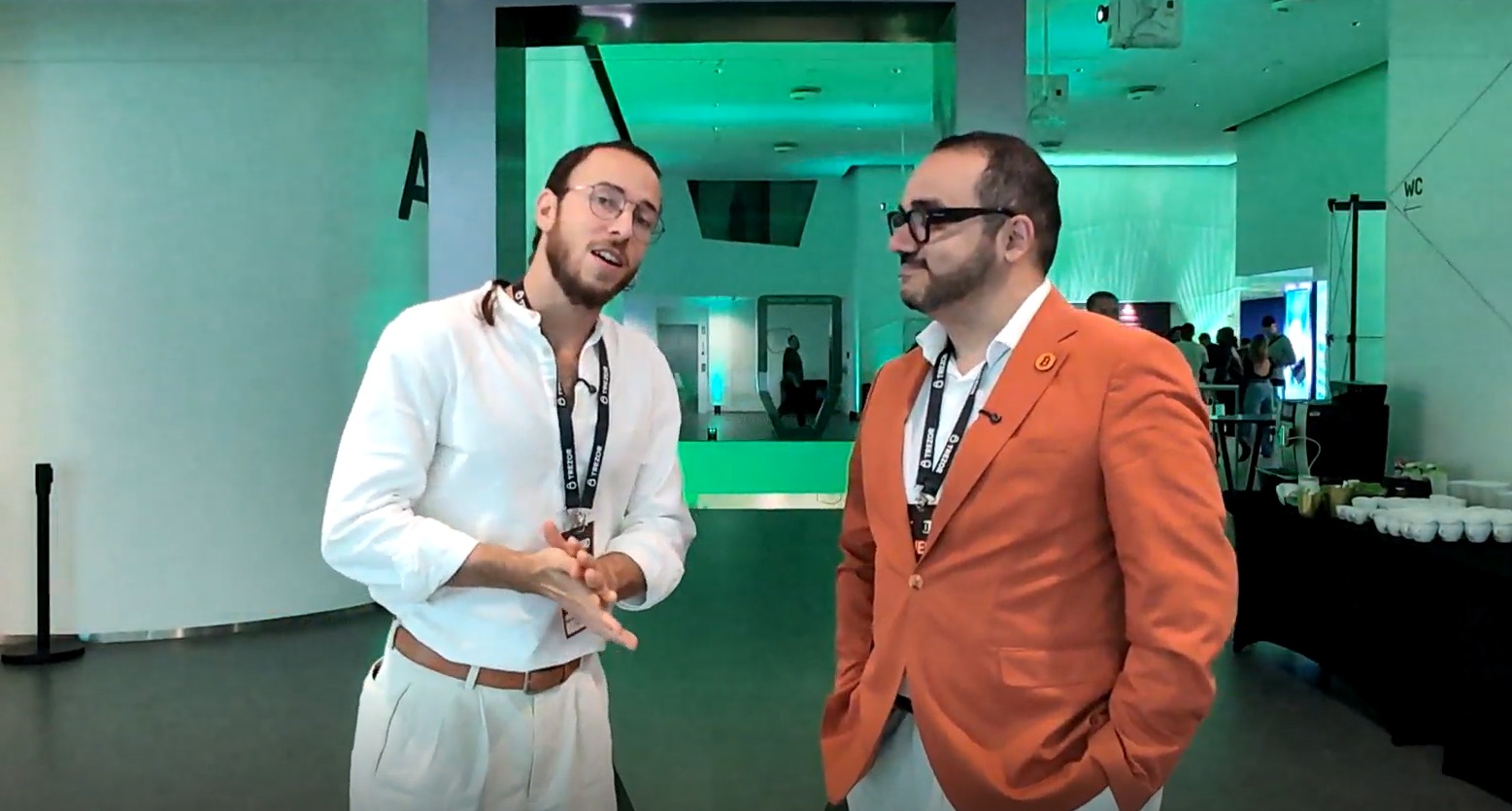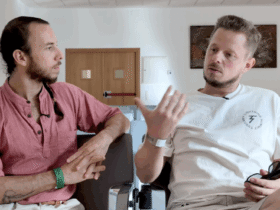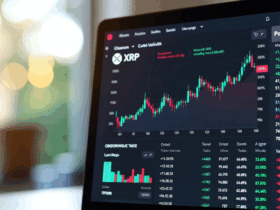For Garrido, cryptocurrencies in Venezuela have been institutionalized through regulated exchanges.
The advisor explains that, after a first shock, companies continue to learn about the sector.
Aníbal Garrido, advisor and director of the BT&C Academy at the Andrés Bello Catholic University (UCAB), maintains that the use of cryptocurrencies in Venezuela has gone from being a simple case study to becoming “a topic of necessity.” The statement was made during an interview given to the CriptoNoticias team, at the Trustless by Design event organized by Trezor.
The specialist argued that, given the “dollar drought” that the Caribbean country is going through, many companies have begun to adopt cryptocurrencies – especially stablecoins – as an alternative to pay suppliers, pay off debts and protect their purchasing power.
According to Garrido, even The Venezuelan government has integrated the use of digital assets into the economy through regulated exchange housessuch as Crixto and Hoja Technology (trade name Kontigo). These platforms allow the private sector to access liquidity in stablecoins such as tether (USDT) and dai (DAI), under a scheme similar to that of auctions.
The academic highlighted that this context has prompted numerous companies to train in accounting, taxation and legal compliance issues to integrate cryptocurrencies into their daily operations.
Thus, he explained that together with his team he is dedicated to providing guidance to finance, treasury, accounting and administration teams, with the aim that, on the one hand, companies can resolve their financial needs, and on the other, they are prepared for any eventual audit.
The specialist stressed that Venezuela remains at the forefront in the adoption of these processes. He stated that It is very likely that even auditing entities will face, starting in 2025, a new type of accountingwhere not only the issue of cash and banks is considered, but also a new column dedicated to the management of virtual assets.


In the fiscal field, Aníbal explained that, according to the Bolivarian Accounting and Auditing Standards of Venezuela, Cryptocurrencies should be considered virtual assets and not moneyin line with International Accounting Standards (IAS 2 and IAS 38). However, he clarified that each company must define its accounting treatment according to its own needs.
In the context at hand, the IAS 2 standard regulates the accounting of inventories, defined as assets held for sale in the normal course of business, in the process of production or intended for consumption. In the case of virtual currencies, if a company holds them for trading or sale, they could be classified as inventories under IAS 2.
For its part, IAS 38 is apply to non-monetary assets, such as patents, software or, in this case, cryptocurrencies that are not classified as inventories. When held long-term—for example, as an investment—they are considered intangible assets. According to this standard, they must be recorded at initial cost and subsequently measured at cost less amortization or at the revalued value, according to the accounting policies of each company.
Regarding the custody of the funds, Garrido pointed out that the newest firms in the ecosystem often turn to third-party serviceswhile the most experienced prefer to manage their own assets through self-custody solutions, such as hardware wallets or multi-signature setups.
Companies advance in knowledge of cryptoassets
Regarding the attitude that companies maintain when adopting digital assets, the specialist assured that, although uncertainty predominates at first, the perception changes quickly. by discovering the advantages of technology.
«At first it is shock, as we say in Venezuela, little bird in the grass. But after knowing the information, managing it and, above all, seeing the impressiveness of the instantaneousness, the issue of low commissions, transparency, auditability, verifiability, companies have a gigantic openness and what they want is to go for more knowledge,” he stressed.
Finally, the advisor highlighted that, although the majority of businesspeople are inclined to use stablecoins as their first option, interest in bitcoin (BTC) is also increasingespecially as a long-term reserve asset.
«A company on a day-to-day basis cannot deal with the volatility of bitcoin… but yes we have realized that there is interest. Showing them success stories like MicroStrategy or Metaplanet arouses curiosity,” he added.
He also stated that, although learning about bitcoin is not something that is done overnight, he sees value in at least the initiative to acquire a stable currency as a bridge to BTC.
Specialists such as José Miguel Farías agree with Garrido that more and more companies in Venezuela are adopting cryptocurrencies. However, he warns that the simple adoption of stablecoins—very popular in the country—does not seem sufficient and that the real challenge is applying management, control and financial criteria.






Leave a Reply